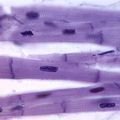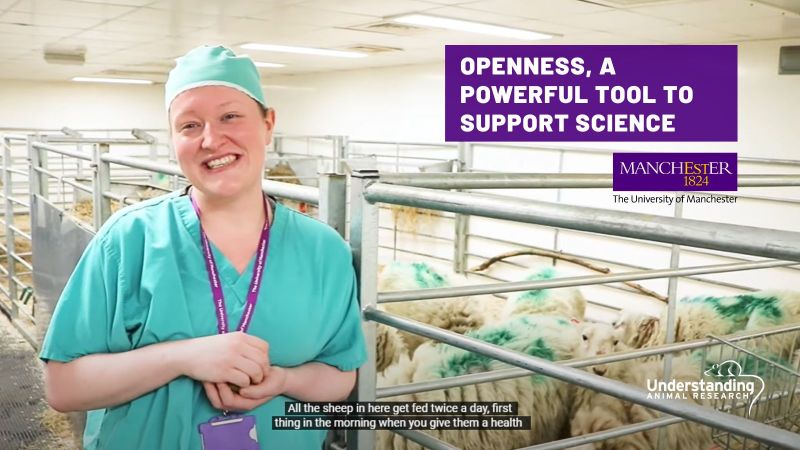Text to go here...
 Mice have been genetically modified to grow stronger hearts. The changes to the heart mimic those usually seen after strenuous exercise, even though in this case the mice were relatively inactive. The research may lead to new treatments for heart damage in humans.
Mice have been genetically modified to grow stronger hearts. The changes to the heart mimic those usually seen after strenuous exercise, even though in this case the mice were relatively inactive. The research may lead to new treatments for heart damage in humans.
Altering the expression of a single gene in the mice caused heart muscle cells to replicate and grow larger. The effects were the same as in mice that were endurance trained for two weeks. Adult mice were made to swim for up to three hours a day. After two weeks the mice hearts were found to be enlarged. The effect is similar to the enlarged 'athlete's heart' caused by strenuous exercise in humans.
Researchers compared mice that had exercised to those that were inactive for differences in their transcription factors. A transcription factor is a protein that turns up or down the expression of a gene.They found differences in a pair of transcription factors called C/EPB-beta and CITED4. In the exercised mice C/EPB-beta activity was reduced, while CITED4 activity was increased.
Researchers then genetically modified mice to artificially change the activity of these transcription factors. They found that turning down C/EPB-beta in mice increased the activity of CITED4. This caused heart cells to divide and grow in size even though the mice didn't exercise. The genetic alteration also improved the maximum exercise capacity of the mice.
The enlarged mouse hearts were more resistant to cardiac stress, caused by heart disease and high blood pressure. The finding could lead to new treatments to protect against heart failure in humans. Although the same gene alteration can not be made in humans, the research raises the possibility of exploring similar molecular pathways in humans. These pathways could then be manipulated through specific exercise regimes or medicines.
Read more about heart failure here.
Last edited: 11 January 2022 10:49




